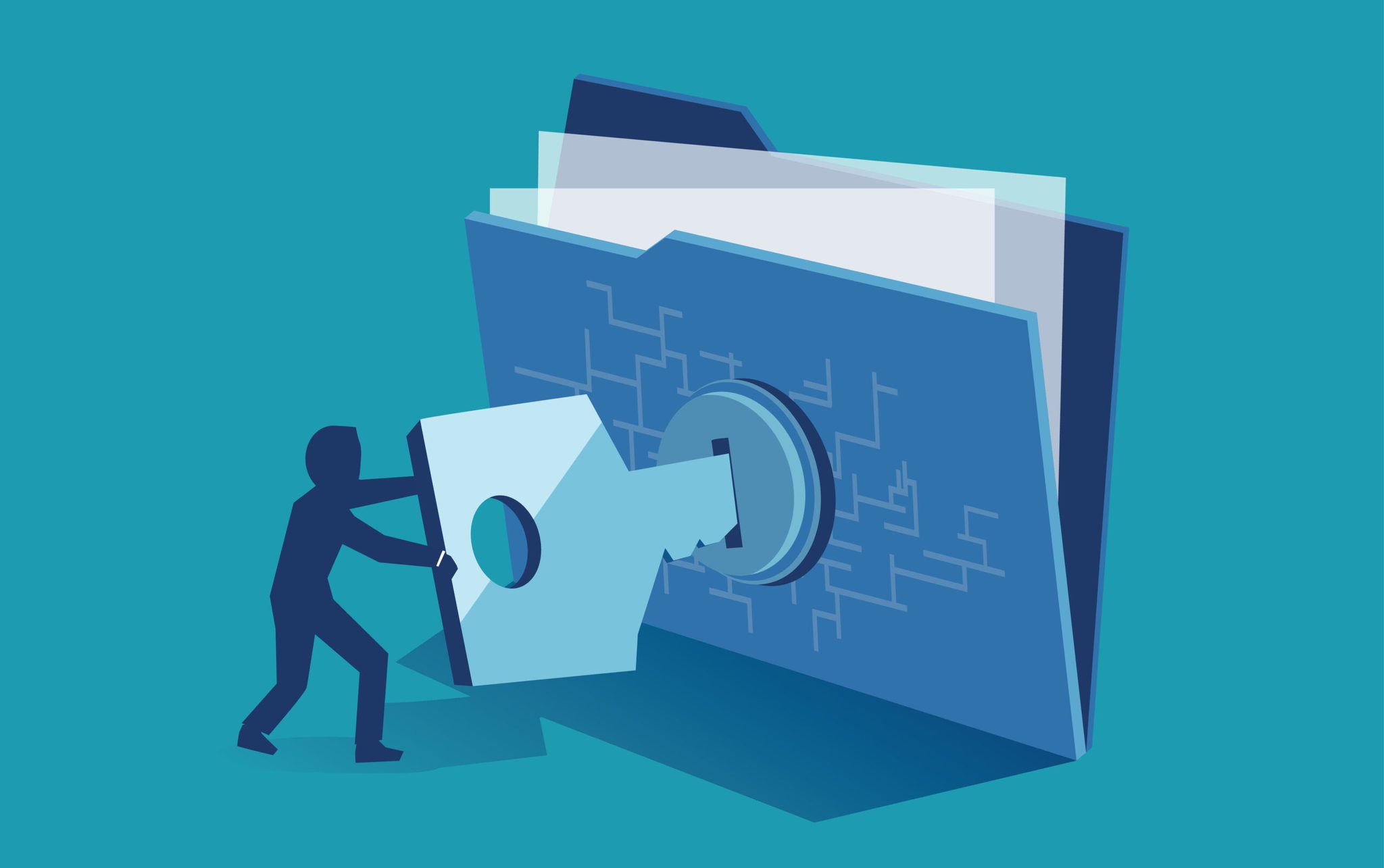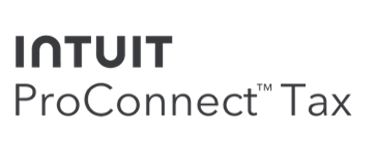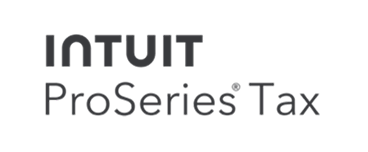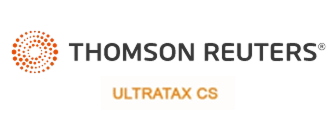
2020 PTIN Renewals: Data Security Responsibilities Statement
In September, the IRS notified all registered holders of PTINs (Preparer Tax Identification Numbers) of a new data securities responsibility statement on the 2020 PTIN renewal form. Consequently, it’s more important than ever (in fact, it’s the law) that your firm has the proper procedures in place to ensure the protection of all taxpayer information. Ensure your firm has a written data security policy and you’re using technology and processes built with a security focus.
SmartVault’s secure, online document management system with an integrated client portal makes it easy to satisfy these requirements without sacrificing on convenience and ease of use for your staff and clients:
– Send password-protected files via email
– Clients upload and access files with a secure, encrypted link to their document portal
– Amazon Web Services provides secure storage and data encryption
When it comes to security, you can’t afford to wait. Schedule 15 minutes to learn how SmartVault can help your firm with the PTIN data security responsibility requirements.
The full text of the notification is below and can be viewed here.
Dear Tax Professional,
Summer is over, and it won’t be long until you’re sitting down at your computer to renew your preparer tax identification number (PTIN) for 2020. The PTIN renewal process in mid-October has a data security responsibilities statement in mid-October, when renewal season begins. It serves as a reminder of your legal responsibility to have a data security plan and to provide data and system security protections for all taxpayer information. When completing your PTIN renewal, a checkbox will be available to confirm your awareness of these data security responsibilities.
Data security continues to be a hot topic. That’s because tax professionals remain a target of identity thieves, which continue to affect tax professionals at an alarming rate. Cybercriminals use sophisticated and ever evolving techniques to gain access to your systems. These criminals steal sensitive taxpayer data to file fraudulent tax returns and create financial havoc for your clients. There are simple steps you can incorporate in your daily operations to minimize your vulnerability and protect client data, including:
– Protect email accounts with strong passwords and two-factor authentication if available.
– Install an anti-phishing tool bar to help identify known phishing sites.
– Security software products include anti-phishing tools
– Use security software to help protect systems from malware and scan emails for viruses.
– Never open or download attachments from unknown senders, including potential clients. They should instead make contact first by phone.
– Send only password-protected and encrypted documents when files must be shared with clients over email.
– Never respond to suspicious or unknown emails.
– Back up sensitive data to a safe and secure external source.
– Properly dispose of old computer hard drives that contain sensitive data.
You should also make sure to have a written security plan in accordance with the Federal Trade Commission’s Safeguard Rule. Remember, protecting your clients is not only good for business, it’s also the law. While the hope is that you’re never the victim of a data breach, preparation and education will go a long way in helping to protect your clients and yourself.
More information
Publication 4557, Safeguarding Taxpayer Data
Publication 5293, Data Security Resource Guide for Tax Professionals
Identity Theft Information for Tax Professionals






